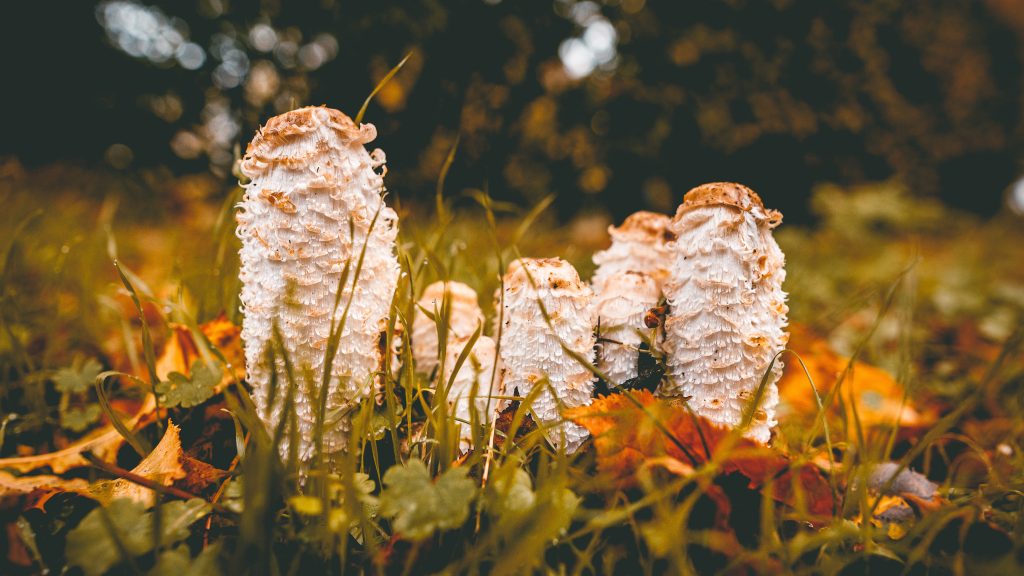If you’re an avid outdoors person or just enjoy foraging for wild foods, it’s important to know how to safely prepare and cook them to avoid foodborne illness.
Here are some tips to follow when gathering and preparing wild foods:
- Make sure you have properly identified the plant or mushroom. There are many poisonous species that can be easily mistaken for edible ones, so it’s important to have a field guide or expert help with identification.
- Only collect plants and mushrooms that are in good condition. Avoid anything that is wilted, discolored, or rotting.
- Wash all wild foods thoroughly to remove dirt, insects, and any potential contaminants.
- Cook wild foods thoroughly. This is especially important for meats, as some wild game may carry diseases that can be transmitted to humans if not cooked properly.
- If you are collecting wild berries, it’s a good idea to rinse them in a diluted vinegar solution (1 part vinegar to 3 parts water) to remove any potential contaminants.
- If you are collecting wild mushrooms, it’s a good idea to cook them separately from other foods, as some mushrooms can cause allergic reactions in some people.
- If you are hunting wild game, be sure to properly field dress the animal to remove any contaminants that may have come into contact with the meat.
- If you are collecting wild shellfish, make sure to check local regulations and only collect from approved areas. Shellfish can accumulate toxins from their environment, so it’s important to be cautious.
- If you are foraging for wild greens, be sure to avoid any plants that have been sprayed with pesticides or other chemicals.
- If you are collecting wild roots or tubers, be sure to thoroughly clean and peel them to remove any dirt or contaminants.
In conclusion, foraging for wild foods can be a fun and rewarding experience, but it’s important to prioritize safety in order to avoid foodborne illness. By properly identifying plants and mushrooms, only collecting those in good condition, washing all wild foods thoroughly, and cooking them properly, you can confidently enjoy the delicious flavors that the wilderness has to offer. It’s also a good idea to follow additional safety measures, such as rinsing berries in vinegar, cooking mushrooms separately, properly field dressing wild game, and avoiding plants that have been sprayed with chemicals. With these precautions in mind, you can confidently and safely enjoy the culinary delights of the great outdoors.
Insider Release
Contact:
DISCLAIMER
INSIDER RELEASE is an informative blog. This blog discusses various topics. It is emphasized that the ideas and concepts, although based on research from official sources, result from free evaluations by the writers. The BLOG, in full compliance with the principles of information and freedom, is not classified as a press site.










More Stories
Easy Steps to Transform Your Apartment into a Momentary Fallout Shelter
Unlocking the Secrets of Survival: A Comprehensive Guide to Mastering Extreme Situations
Mastering Urban Survival: Your Essential Guide to Navigating Crises in the Concrete Jungle